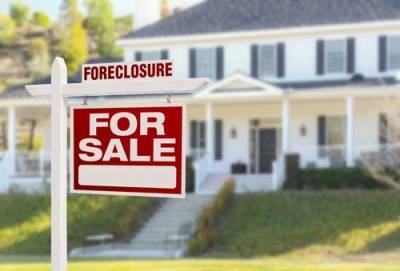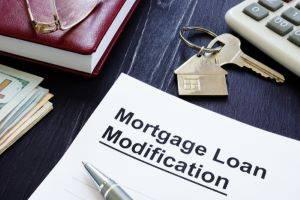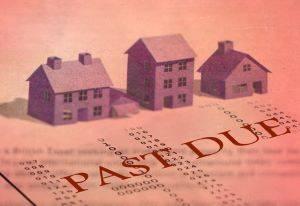 During the COVID-19 pandemic, many Americans have faced financial difficulties, causing them to be unable to pay some of their debts and ongoing expenses. To prevent people from losing housing during a public health emergency, the federal government and multiple states have implemented a moratorium on foreclosures for certain types of mortgages, preventing lenders from repossessing people’s homes. While the federal foreclosure moratorium has been extended several times, it is currently set to end on June 30, 2021. Because of this, homeowners who have defaulted on their mortgage or who are struggling to make payments will need to understand their options for avoiding foreclosure.
During the COVID-19 pandemic, many Americans have faced financial difficulties, causing them to be unable to pay some of their debts and ongoing expenses. To prevent people from losing housing during a public health emergency, the federal government and multiple states have implemented a moratorium on foreclosures for certain types of mortgages, preventing lenders from repossessing people’s homes. While the federal foreclosure moratorium has been extended several times, it is currently set to end on June 30, 2021. Because of this, homeowners who have defaulted on their mortgage or who are struggling to make payments will need to understand their options for avoiding foreclosure.
Mortgage Forbearance and Loan Modifications
Once the foreclosure moratorium ends, lenders may begin foreclosure proceedings against those who have defaulted on their mortgages. Some lenders have stated that they have halted all foreclosure activities until the end of 2021, while others may resume foreclosures as early as July of 2021. Homeowners who are behind on mortgage payments may need to take action before the end of the moratorium to ensure that they can prevent the loss of their homes.
Along with the foreclosure moratorium, current federal policies require lenders to allow homeowners to receive a forbearance on mortgage payments for federally-backed loans. This will allow for payments to be paused temporarily while a family is experiencing financial hardship. The deadline to apply for forbearance is June 30, 2021, and a homeowner may receive up to 12 months of forbearance. If a person had already received a forbearance before June 30, 2020, they can receive an additional six-month forbearance, up to a maximum of 18 months.
...






 Homeowners may experience a variety of financial difficulties that cause them to be unable to meet their financial obligations, and if they default on their mortgage, they may face the
Homeowners may experience a variety of financial difficulties that cause them to be unable to meet their financial obligations, and if they default on their mortgage, they may face the  While many Americans struggle with debt even in the best of times, the COVID-19 pandemic has created a crisis that has affected millions of people and families. Job losses and other financial issues have made it difficult or impossible for many people to pay their ongoing expenses, putting them at risk of
While many Americans struggle with debt even in the best of times, the COVID-19 pandemic has created a crisis that has affected millions of people and families. Job losses and other financial issues have made it difficult or impossible for many people to pay their ongoing expenses, putting them at risk of 








